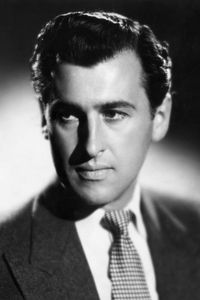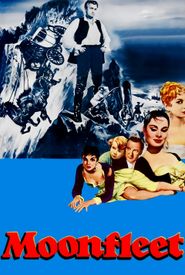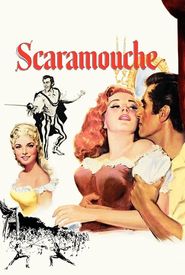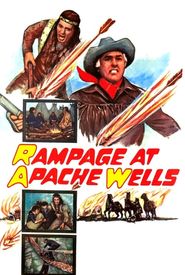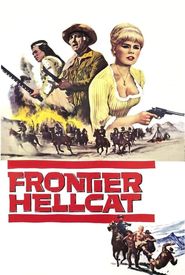Stewart Granger was born James Lablache Stewart in London, the great-grandson of the renowned opera singer Luigi Lablache. He attended Epsom College, but his academic pursuits were cut short as he decided to pursue a career in acting instead. He enrolled at the Webber-Douglas School of Dramatic Art in London.
By 1935, Granger made his stage debut in "The Cardinal" at the Little Theatre Hull. He then joined the Birmingham Repertory Company between 1936 and 1937, and in 1938, he made his West End debut in "The Sun Never Sets". The following year, he joined the Old Vic company, appearing in "Tony Draws a Horse" at the Criterion and "A House in the Square" at the St Martins.
Granger's career was interrupted by World War II, during which he joined the British Army in 1940. However, he was forced to leave the military due to an ulcer in 1942.
After the war, Granger began his film career with Gainsborough Pictures, starring in "The Man in Grey" (1943). He soon became typecast as the dashing hero, a role he felt was unsatisfying. He was often overshadowed by his co-star, James Mason, who received more substantial roles.
Granger's career continued to rise, with leading roles in films such as "Caesar and Cleopatra" (1945) alongside Claude Rains and Vivien Leigh, and "Adam and Evalyn" (1949) with Jean Simmons. The chemistry between Granger and Simmons was undeniable, and they became engaged. They married in 1950 and signed with MGM, with Granger becoming a star in Hollywood.
However, Granger's success was short-lived, and he soon found himself typecast in romantic roles that he felt were unsatisfying. He also struggled with the pressure of being the heir apparent to Errol Flynn as a swashbuckler.
Granger and Simmons divorced in 1960, and he went on to work in Germany, Italy, and Spain. In the 1970s and 1980s, he appeared in small screen roles and made occasional film appearances, struggling to find challenging roles.
In his autobiography, "Sparks Fly Upward", Granger candidly expressed his disgust with his career, feeling that he was not given the depth of roles allotted to bigger named actors. Despite this, he continued to deliver solid performances, leaving behind a legacy of memorable films.
